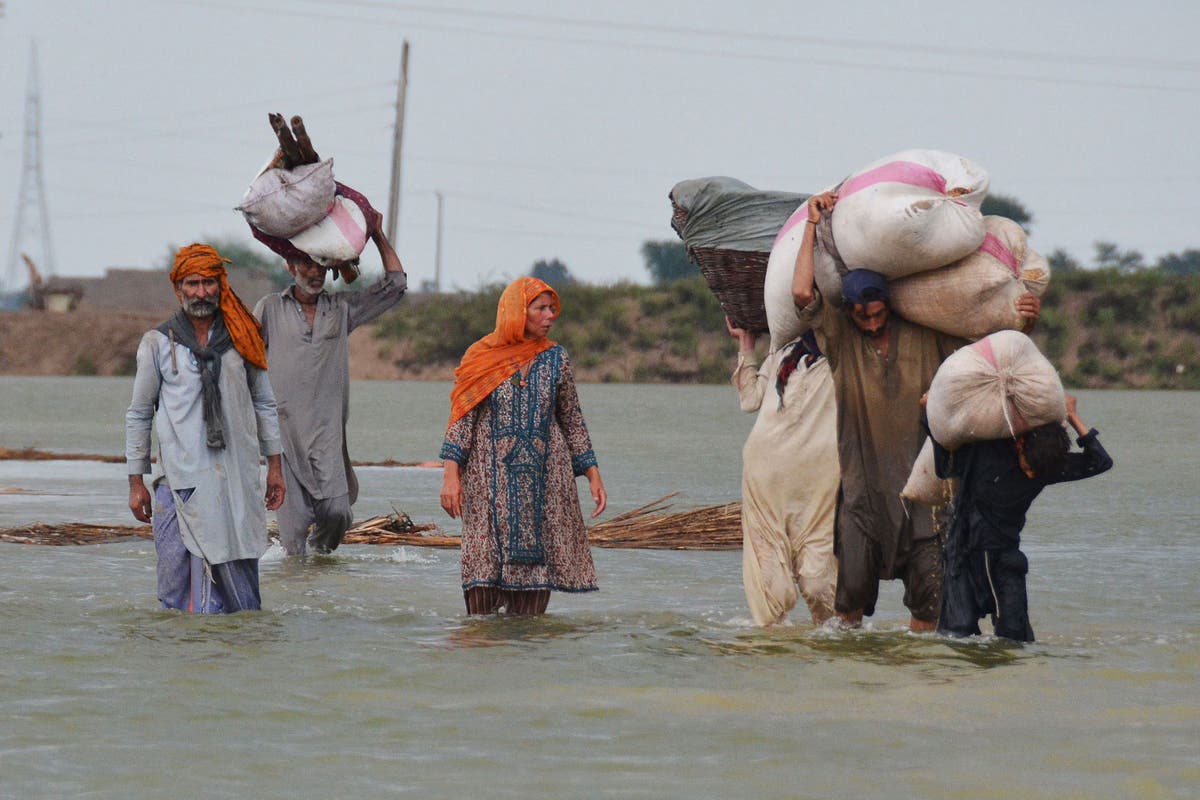The Spin
Narrative A
Though Pakistan doesn't contribute very much to global carbon emissions, climate change has its monsoon season highly erratic and unpredictable in terms of onset, intensity, and areas affected. Through little fault of its own, the country will continue to face these types of disasters. It's time to demand emergency climate action.
Narrative B
Pakistan's increasing monsoon disaster isn't only the result of climate change; government ineptness also plays a huge role. Cities lack basic government services, and poorly designed infrastructure is particularly vulnerable, allowing rains to wreak havoc.
Narrative C
It's easy to dismiss any extreme weather event as a consequence of climate change, but in reality they're usually influenced by a myriad of factors that have nothing to do with it. More research is needed before we can establish any direct causal link between the two.

